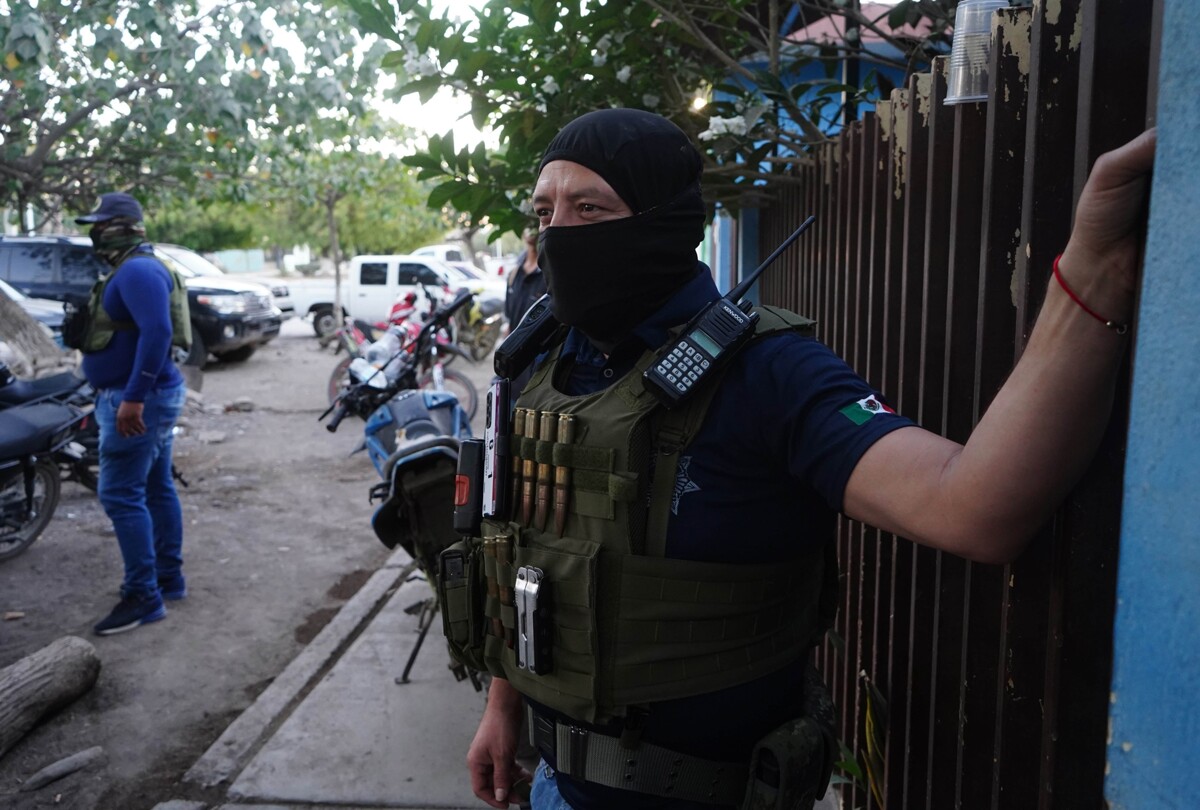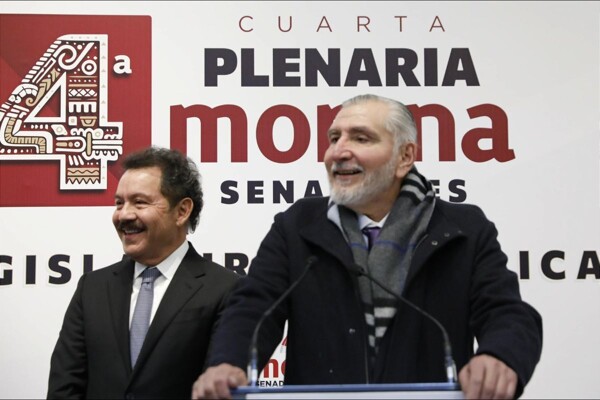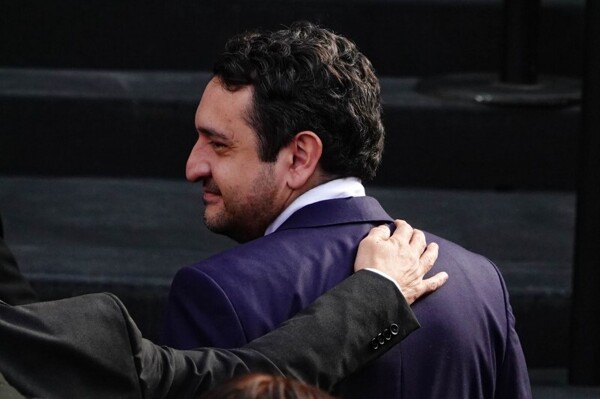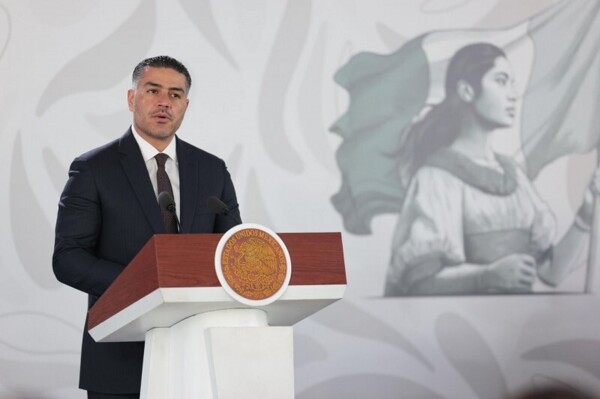
Recently, six Mexican "cartels" were designated as Foreign Terrorist Organizations and Specially Designated Global Terrorists, posing new challenges for financial institutions and companies operating in Mexico and the United States. These "cartels" are criminal conglomerates with their own structures, leadership, and businesses, representing a challenge for companies that must comply with anti-terrorism regulations and avoid any suspicious relationships with terrorist organizations.
Companies operating in Mexico are now required to stay informed about regulations and rules related to designated criminal groups, understanding that these six "cartels" actually encompass 206 distinct gangs in terms of size and capacity. It is vital for companies to identify and prevent any involuntary material support to these organizations, as seen in previous cases where companies have been accused of making payments to terrorist groups.
The U.S. Anti-Terrorism Act has extraterritorial reach, meaning that companies operating in areas controlled by criminal organizations risk being sanctioned for providing material support, which can result in significant fines or even imprisonment. It is crucial for companies to implement preventive measures to avoid violating anti-terrorism regulations and protect themselves from potential accusations.
Moreover, the mentioned terrorist organizations have been included in the Specially Designated Nationals List by the Office of Foreign Assets Control, which involves the blocking of their registered assets. Companies must be proactive in assessing risks in areas of operation, training staff to identify links with terrorist organizations, and controlling financial resources to prevent the payment of illegal taxes.
It is essential for companies operating in Mexico and the United States to take concrete actions to comply with anti-terrorism regulations, avoid any unintentional associations with terrorist organizations, and protect themselves from potential legal and financial consequences. The implementation of strict customer due diligence procedures, risk assessments in areas of operation, and monitoring of financial transactions are key actions to prevent unwanted material support to designated criminal organizations.














